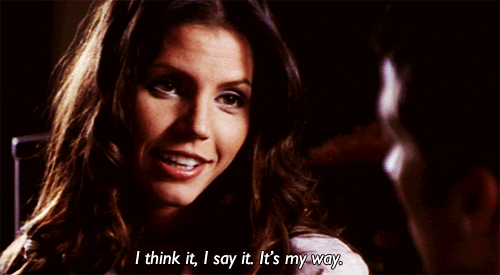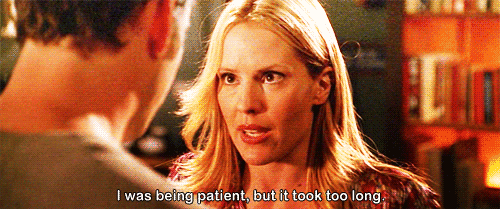Recently, encouraged by the success of The Martian[1],
and the (outrageously optimistic) possibility of a groundswell in hard science
fiction, I tried to craft my first query letter[2],
pitching my second novel.
I failed to take the exercise seriously.
Here are some of my favorite lines:
Katabatic Winds includes
80,000 words, mostly really big science-y words, polysyllabic, Latin-root monstrosities,
concatenated with the occasional puzzling verb, like, for example, ‘concatenate.’
Katabatic Winds aspired
to hard, literary, Science Fiction, but as a coming of age quest story about
two brothers in their early twenties, it landed much closer to ‘new adult
fiction,’ a genre I didn’t even know existed…and I’m still not sure does. Yet I somehow wrote ‘new
adult fiction’ without appreciable sex, which is as incongruous as an echidna. And yes, I realize that by writing a ‘new
adult’ book, I somehow managed to target the only market less viable than hard
science fiction. By the way, ‘incongruous
as an echidna,’ a comparison that requires readers to identify echidnas as monotremes,
is the kind of evocative metaphor that litters the pages of this novel.
Katabatic Winds capitalizes
on the market The Martian uncovered
for long descriptions of physical processes and the contemporary reader’s apparent
appetite for math. Did you love The Martian, but thought ‘this would be
perfect with 38% more math?’ You’re in luck.
‘Do the math,’ is the new ‘Show don’t tell.’ It’s not ‘telling’ if you use numbers.
Do you love intestinal metaphors for glacial processes? What about complicated plot structures based
on Macarthurian island biogeography? Are
you hungry for love stories which overcome actual obstacles...like genetic isolation?
Does co-authoring journal papers make your imagination bubble with sexual
tension? Have you ever wondered how Mark
Twain’s Mississippi reflections might have read during a glacial maximum? Then you are going to love Katabatic Winds.
I realize you probably don’t receive many letters like this. Your mail is probably full of requests for
love potions and Balrog banishments. But
I decided to send this to you instead of a literary agent because it will take
a literal wizard to sell this book.
This
post was written while listening to the brilliant new mewithoutYou Pale Horses
[1]
Which I read…and loved. Hard Science
Fiction needs a snarky, light hearted protagonist to balance the math and
science. That’s why The Martian worked. The characters
were lovable nerds. The math and engineering and geology were natural
extensions of their likable personas. Still,
here’s how marketable HSF is…no one published The Martian. Andy Weir couldn’t
find an agent and self published it…until it blew up on amazon.
[2] I’ve
never crafted a query letter because I always assumed at least my first three
novels would be un-readable…and I’ve written two. But The Martian represents the first
commercial success for the sort of stuff I write since…well…ever. I figure that ‘trend’ is ephemeral as a
California clouds, and entertained the idea of floating my manuscripts during
the four month window that agents think HSF matters.








.png)
.png)
.png)
.png)
.png)
.png)
.png)
.png)
.png)